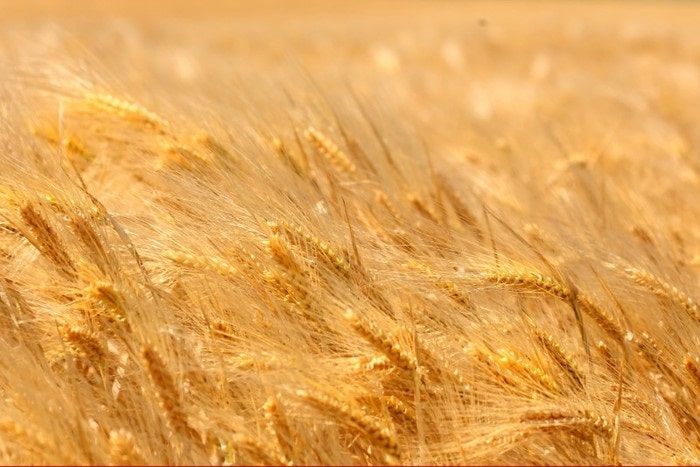Is wheat gluten our enemy?
Cereal is an excellent source of energy, so why has its consumption become a threat to some people's health? This is due to gluten, as the wheat protein blend is called.

Wasn't it the domestication of wheat that made mankind prosper in the Neolithic period twelve thousand years ago? Yes, it was, because this cereal is an excellent source of energy. So why has its consumption become a threat to the health of some people? This is because of gluten, as the wheat protein blend is called, which we humans do not digest well.
In other words, we are now "paying the price" for this Neolithic technological development to domesticate wheat. In that period, the human immune system had to adapt to a very strong change in diet; it went from the consumption of fruits, tubers, and sometimes meat (from the hunter-gatherers of the Stone Age), to the consumption of wheat with different kinds of proteins. When this adaptation fails, abnormal immune responses occur.
These responses cause allergies and intolerances to wheat proteins that have been recognized for years; the one we will address in this article is an intolerance: celiac disease or celiac disease. The prevalence of this disease has doubled or even tripled in the last twenty years in some countries where it is followed up after diagnosis.
Celiac disease is an autoimmune disease; it can be treated and controlled, but not cured. In its classic form, it is triggered in children under the age of three, with diarrhea, pain, and abdominal swelling; it is also associated with growth retardation. In addition, tolerance to wheat gluten can be lost in adulthood; that is, adults can develop celiac disease at any time, if they have the genetic predisposition and are exposed to environmental factors that induce it.
How do you know if you have celiac disease?
If the symptoms mentioned above are manifested in children or there is anemia or osteopenia for no apparent reason in young people or adults, you should see a gastroenterologist. This specialist will order blood tests to look for specific antibodies; he or she may also indicate a genetic test and will most likely suggest an endoscopy to take an intestinal biopsy and analyze it. According to the results, he or she will recommend a gluten-free diet.
What foods should be avoided if you are intolerant to gluten?
You should not eat commercially available wheat products, such as tortillas, bread, cakes, pizzas, cookies, doughnuts, soups, and pasta, because they are sure to contain gluten. In addition, packaged, canned, or packaged products such as sausages, hams, sausages, melted and yellow cheese, ice cream, pâtés, and granola may contain gluten.
So what can a coeliac patient eat?
Of course, a coeliac can eat foods that are marketed as gluten-free; the problem is their high price. They can cost five to ten times more than conventional products with gluten.
However, not everything is as bad as it seems. We can delight our palate with naturally gluten-free foods such as fresh fruits and vegetables, rice, corn, milk, cheese, and butter. If you are worried about eating meat, you'll be glad to know that it doesn't have gluten either. Your diet can also be supplemented with beans, lentils, chickpeas, nuts, sugar, honey, and vegetable oils.
Overall, only 1% of people in any population have celiac disease, so the odds are on your side. In any case, if you have any doubts and don't want to pay for doctors or lab tests, the best thing to do is to stop eating industrialized foods, not drinking soda, or eating "fast food.
Eating home-cooked food is one of the most important steps towards a transformation of our lifestyle. So you can eat bread or an omelet from time to time and even a delicious slice of cake, without any problems. The only harm that gluten in these foods can do is to make you fat! Enjoy!
Source CIAD




